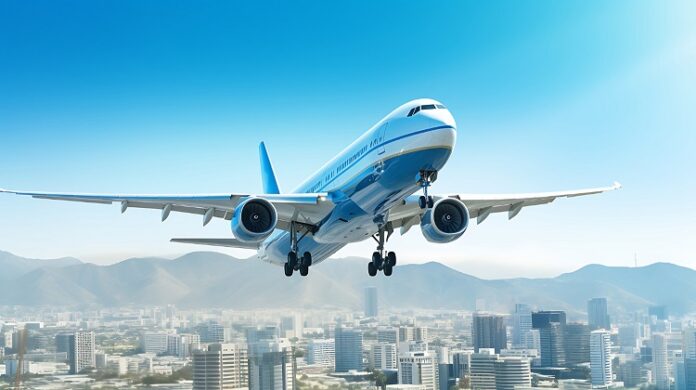The COVID-19 pandemic put the business travel sector on hold, but now that restrictions have eased, we’re back to sending employees off for important business meetings.
The new emphasis on hybrid work practices has presented challenges to the return of business travel. As more employees work from home, difficulties can arise in scheduling in-person meetings and face-to-face client project work.
This has led UK businesses to make changes to their annual spending on travel and adapt their travel policies. Overall, the business travel industry is on the up and is projected to grow exponentially in the future.
Total Spending Overview
In 2022, business travel expenditure contributed £27.5 billion in gross value added (GVA) to the UK economy and accounts for more than 283,000 full-time jobs. This huge uplift in spending may come as a surprise, especially against the backdrop of wider economic concerns and a cost-of-living crisis. However, the UK’s growth has significantly surpassed other nations such as France and Germany.
Despite inflation, research found that British companies are spending around 119 per cent more on airline tickets in 2023 compared to 2021. The spending on train travel still lags behind flying but has still risen to demonstrate a shift towards train travel among small and midsize businesses. This may represent a move towards more sustainable travel initiatives.
It is predicted that the global business travel industry will expand by 188 per cent by 2028.
International vs. Domestic Travel Expenditures
While business travel is on the rise, international trips are facing larger obstacles compared to domestic travel. The prospects of cancellations due to COVID-19 risks and being stuck overseas have made travelling abroad for business impractical and difficult to predict.
Domestic expenditures on business tourism totalled £2.11 billion in 2021 – more than £1 billion less than spending on international travel in the same year. France was the most visited country by UK business travellers, followed by the Republic of Ireland.
Trends and Influencing Factors
Business travel is still essential to building business relationships and knowledge-sharing, but the industry is still recovering so companies have needed to adapt their travel habits and goals. Trends such as group travel and rewards programs are emerging so businesses can support remote work and find alternative avenues for everyone to benefit from in-person collaboration.
The ever-popular trend of ‘bleisure’ travel is returning, most likely thanks to new remote working cultures. This is a combination of business and leisure travel, and it allows employees to take advantage of the newfound flexibility of hybrid working.
If you’re incorporating blended travel into your policy, finding the cheapest private jet flights can support your business travel ventures and have your employees making the journey in comfort.
Impact on Businesses and the Economy
Annual travel expenses may affect the economy as a whole. Strategic resource allocation is vital for organizations since travel spending patterns help optimize budgets and align expenditures with goals. Hence, it’s necessary to learn about trip spending trends. Businesses must adapt to changing geopolitics, technology, and global events. Another important consideration is trend adaptation. This adaptability helps organizations stay competitive in a changing business environment.
The yearly cost of business travel is a macroeconomic indicator. By monitoring travel spending patterns, policymakers and analysts may get business sector insights. Enterprise confidence and growth potential are shown by these trends. Trip spending trends show how responsive firms are to external factors like the economy and geopolitics. Changes in travel expenses may indicate economic movements and assist in understanding the present economic condition.
Environmental protection and corporate responsibility to communities add a new dimension to travel expenses. Businesses are reevaluating travel needs and exploring greener options as they examine their environmental impact. This development is part of a global shift toward ethical business practices, which is affecting corporate decisions and travel industry services.
The effects of annual trip spending show how interconnected firms and the economy are. Firms contribute to economic indicators, adapt, and create a more sustainable and responsible business environment by effectively managing travel expenditures.





